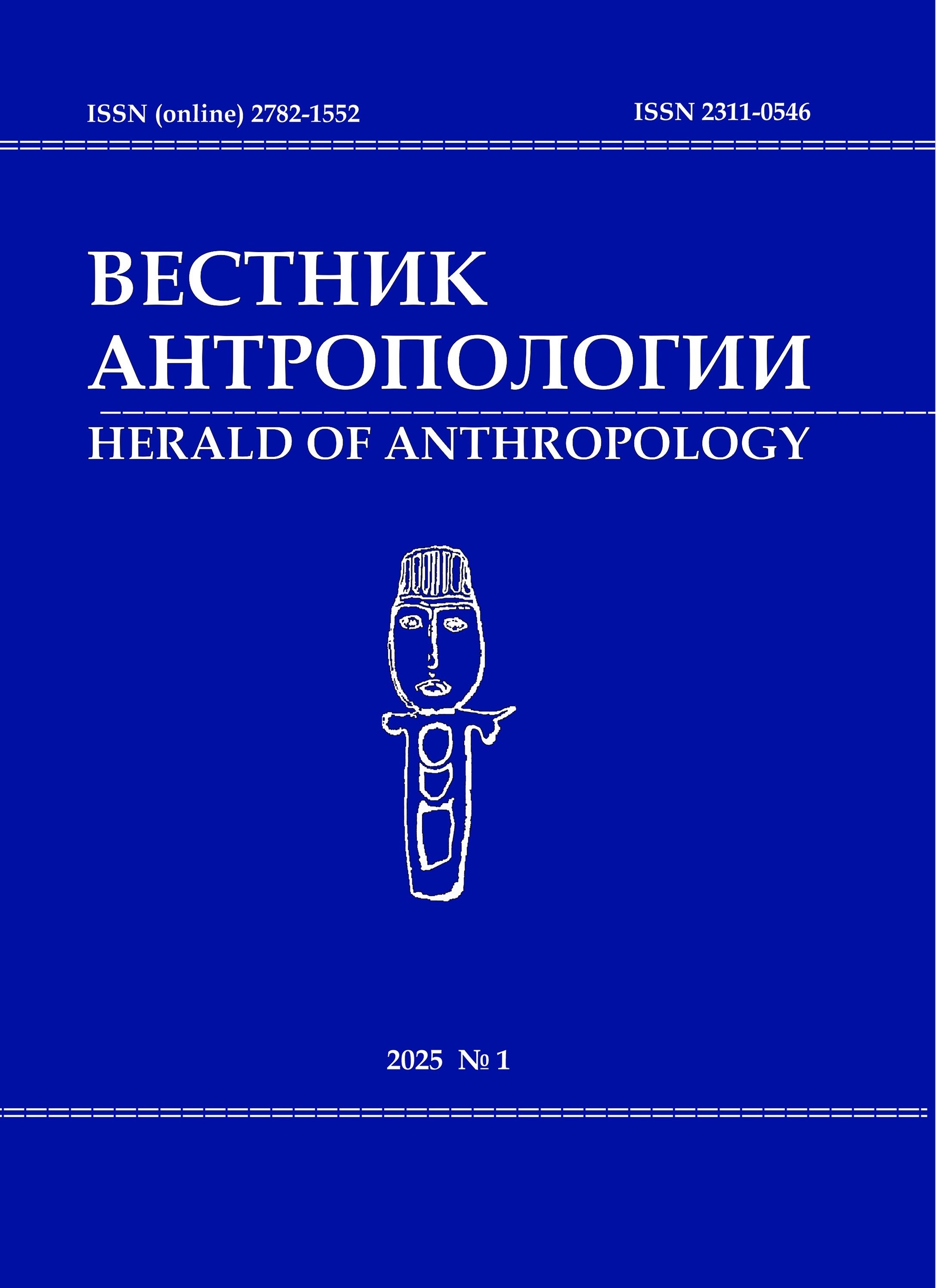Gender Order in the Context of Transformation: Gender Contracts and Resources Invested in Them in Russia in 1991–1999
DOI: 10.33876/2311-0546/2025-1/175-188
Keywords:
gender contracts, gender order, the nineties, transition period, crisis of masculinityAbstract
The article summarizes the results of a study of changes in the gender order in Russia during the period of radical transformation of social foundations after the fall of the Soviet Union and during the formation of a democratic and market state in the 1990s. During the fieldwork, 52 narratives were collected and analyzed using phenomenological analysis, which allowed us to get an idea of how gender contracts were transformed and what strategies men and women chose to adapt to the changes. As a result, it was found that the contracts of a "housewife" and a "working mother" remained the dominant female gender contracts. However, the transition period imposed an additional burden on them forcing them to "invest" a significant time resource in finding and preparing food, making clothes, maintaining comfort at home. In the context of the crisis of the previously paternalistic state, part of the care work was shifted to women, who were forced to spend a significant amount of time on it to the detriment of the quality of adaptation to the market economy. At the same time, men in the 1990s gained access to the gender contract of the “entrepreneur,” but often found themselves forced to sacrifice their security and stability. If, for various reasons, a man could not successfully integrate into the new economic realities, he found himself subject to a possible crisis of masculinity.





















